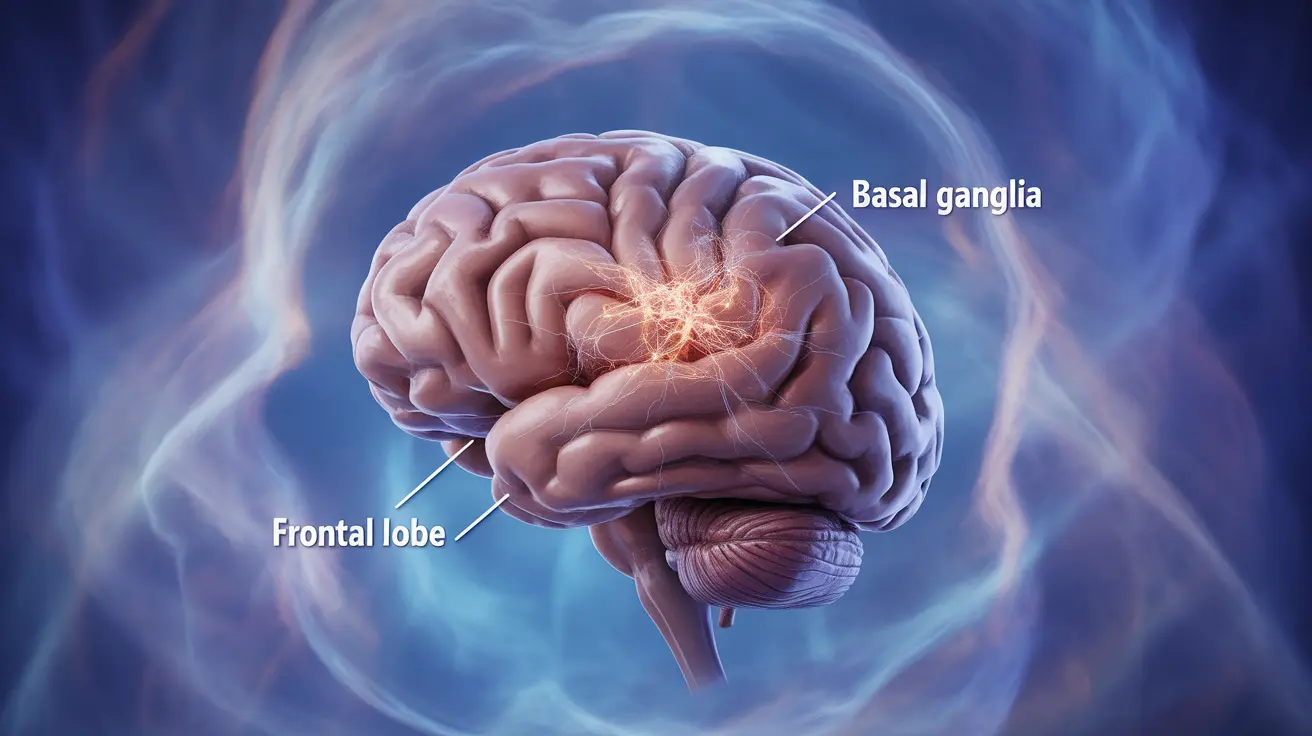Abulia is a complex neurological condition characterized by a severe lack of motivation, initiative, and goal-directed behavior. Unlike simple laziness or general fatigue, abulia represents a significant impairment in a person's ability to take action or make decisions, even when they want to do so. This condition can significantly impact daily life, relationships, and overall functioning.
Understanding abulia is crucial for both healthcare providers and affected individuals, as it often occurs alongside other neurological or psychiatric conditions and requires specific therapeutic approaches for effective management.
Key Symptoms and Characteristics of Abulia
The symptoms of abulia extend beyond typical lack of motivation. Key indicators include:
- Severe difficulty initiating actions or activities
- Reduced emotional responses and facial expressions
- Minimal verbal output or communication
- Decreased spontaneous movement
- Limited goal-directed behavior
- Difficulty making decisions or plans
- Reduced social interaction
- Minimal response to external stimuli
These symptoms often persist even when the person has the physical capability to perform actions and may understand the importance of doing so.
Neurological Basis and Causes
Abulia typically results from disruptions to specific brain regions and neural pathways, particularly those involving the frontal lobe and its connections. The primary causes include:
- Stroke or brain injury affecting the frontal lobe
- Neurodegenerative diseases
- Brain tumors
- Infections affecting the central nervous system
- Certain psychiatric conditions
- Metabolic disorders
The anterior cingulate cortex and basal ganglia play crucial roles in motivation and initiative, and damage to these areas often contributes to abulia development.
Diagnostic Approach
Diagnosing abulia requires a comprehensive evaluation process that includes:
- Detailed neurological examination
- Brain imaging studies (MRI, CT scans)
- Cognitive and behavioral assessments
- Psychiatric evaluation
- Medical history review
- Assessment of daily functioning
Healthcare providers must carefully distinguish abulia from similar conditions such as depression, apathy syndrome, or catatonia to ensure appropriate treatment.
Treatment Strategies and Management
Treatment for abulia typically involves a multi-faceted approach:
Medication Options
- Dopaminergic agents
- Stimulant medications
- Antidepressants (in specific cases)
- Other psychiatric medications as appropriate
Therapeutic Interventions
Various therapeutic approaches can help manage abulia:
- Cognitive behavioral therapy
- Occupational therapy
- Physical therapy
- Speech and language therapy
- Structured daily routines
- Environmental modifications
Prognosis and Recovery
The outlook for individuals with abulia varies significantly depending on several factors:
- Underlying cause of the condition
- Timing of diagnosis and treatment
- Extent of brain involvement
- Overall health status
- Support system availability
- Adherence to treatment plans
Frequently Asked Questions
What are the main symptoms that help identify abulia compared to normal laziness or depression?
Abulia differs from laziness or depression through its severe impairment in initiating actions, marked reduction in spontaneous movement, and significant decrease in verbal output. Unlike laziness, individuals with abulia often want to act but physically cannot initiate actions. The condition also features more pronounced cognitive and behavioral symptoms than typical depression.
What causes abulia and which brain areas are commonly affected by this disorder?
Abulia primarily results from damage to the frontal lobe, anterior cingulate cortex, and basal ganglia. Common causes include stroke, brain injury, neurodegenerative diseases, and brain tumors. These areas are crucial for motivation, decision-making, and initiating actions.
How is abulia diagnosed and what tests can help distinguish it from other neurological or psychiatric conditions?
Diagnosis involves comprehensive neurological examinations, brain imaging (MRI/CT scans), cognitive assessments, and psychiatric evaluations. Doctors look for specific patterns of behavior and brain activity while ruling out other conditions that may present similarly.
What treatment options are available for abulia and how effective are medications and therapy in managing its symptoms?
Treatment typically combines medications (such as dopaminergic agents and stimulants) with therapeutic interventions like cognitive behavioral therapy and occupational therapy. The effectiveness varies by individual, but many patients show improvement with consistent treatment.
Can abulia be reversed or improved, and what factors influence the prognosis for someone with this condition?
Abulia's reversibility largely depends on its underlying cause. Conditions like stroke-induced abulia may improve with treatment, while cases related to progressive diseases may be harder to reverse. Early intervention, comprehensive treatment, and strong support systems generally lead to better outcomes.




